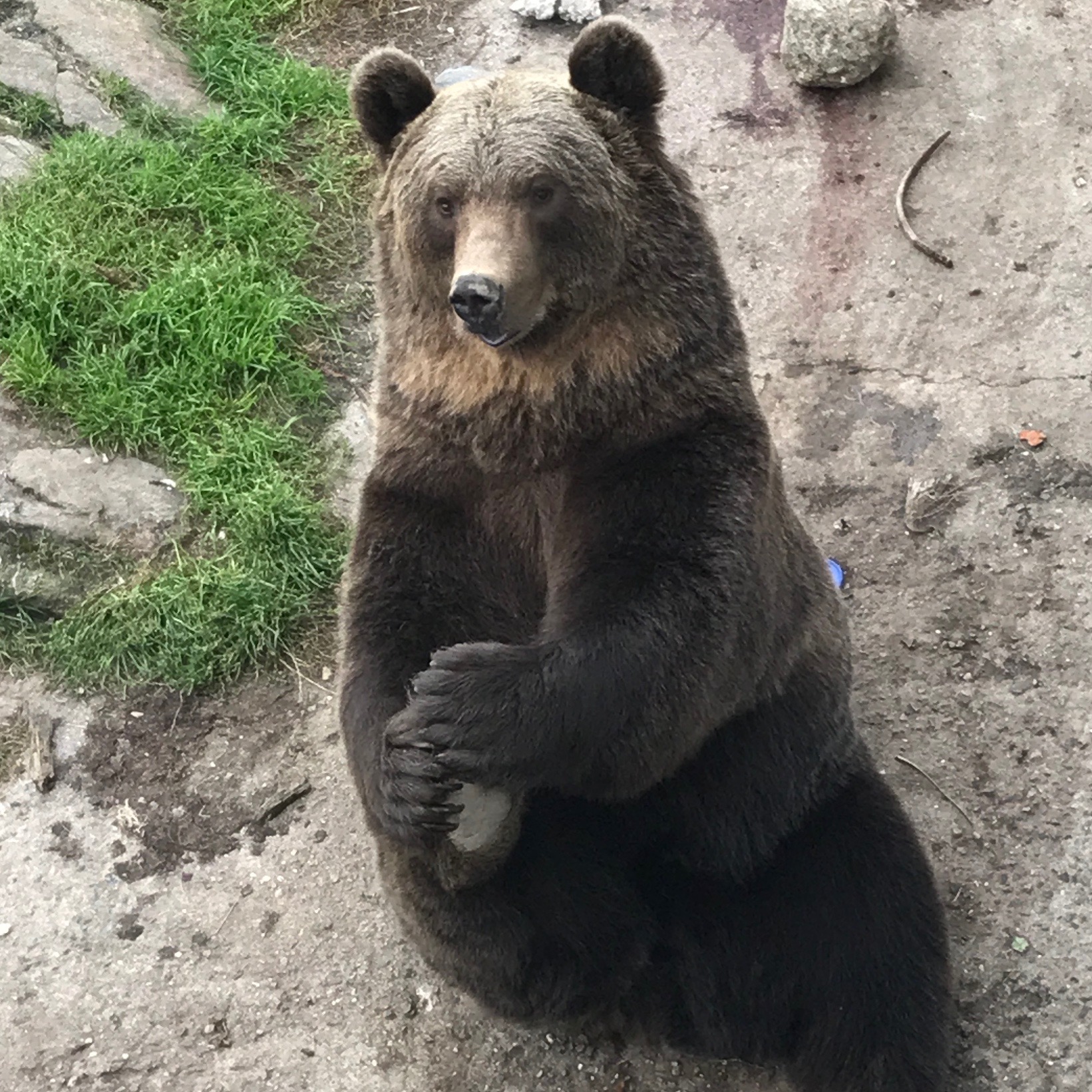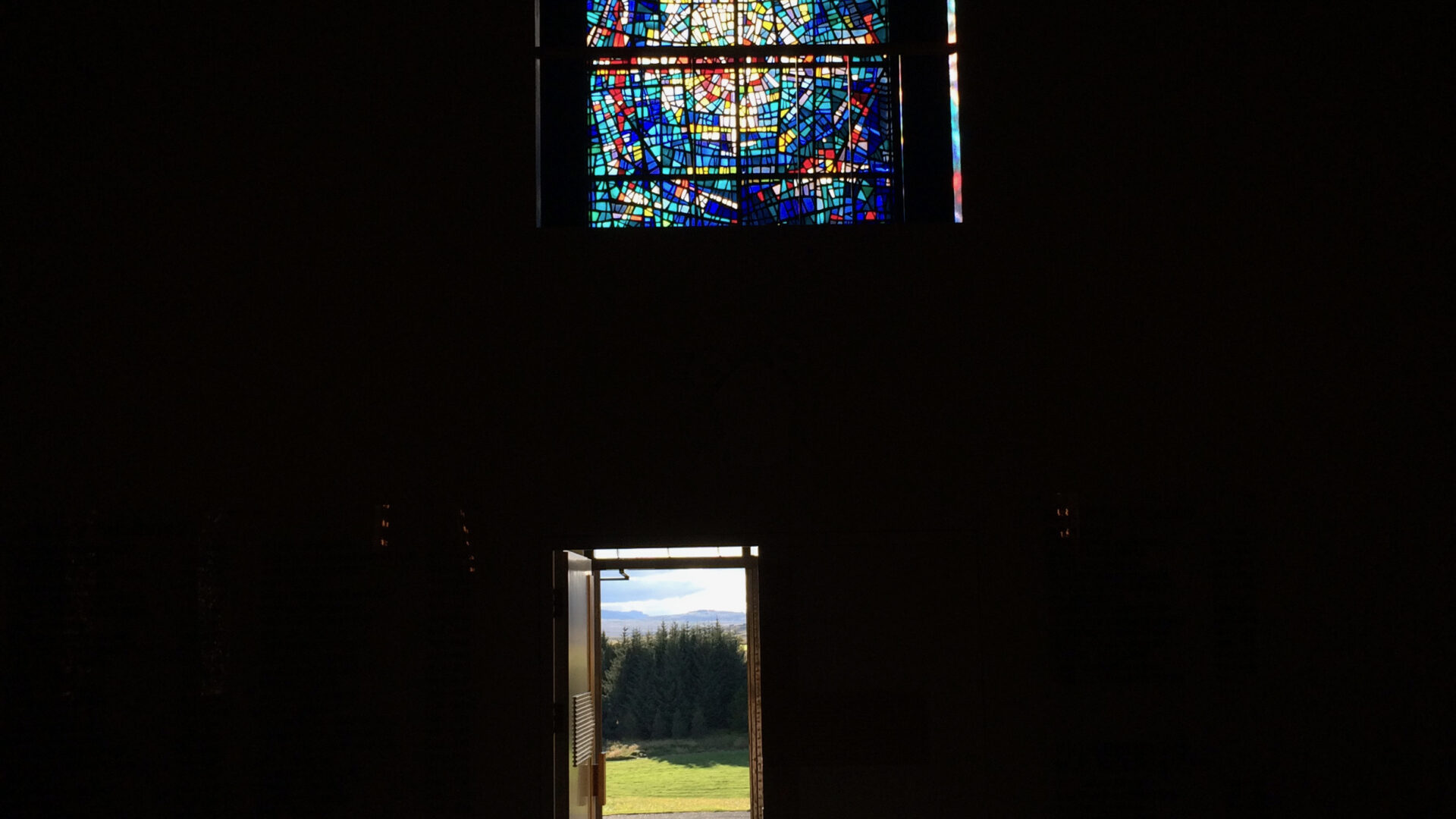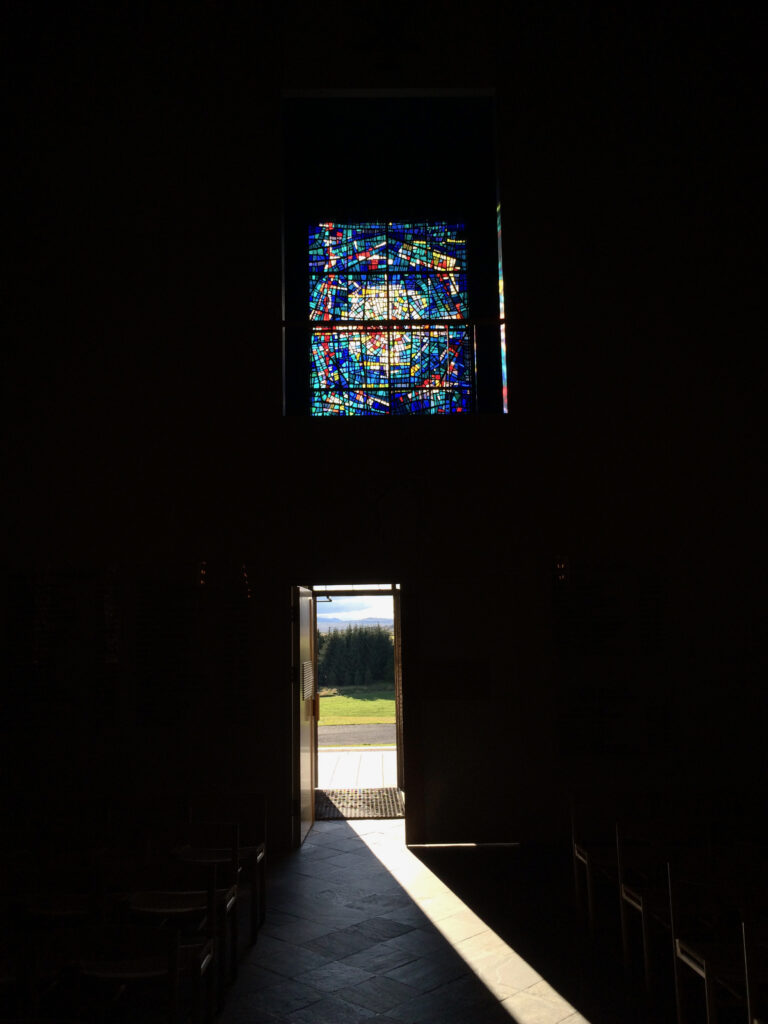Too Big A Question
It is a Saturday morning in the pre-Covid world. My wife Suzanne brightly asks me “would you like to do something this weekend?” I freeze, and have to put in a conscious effort to stifle my reflexive “no.” I think about why this question unnerves me. People have asked me this question countless times during my life, along with its corollary “what would you like to do today?” Simply typing out these questions triggers a physiological reaction: I get jittery, almost panicky. This is the same reaction I get when actually asked such questions by another person.
Too Much Anxiety, Not Always Enough Understanding
A fairly typical reaction by an autistic person, when faced with a situation which triggers this sort of anxious feeling, is to seek to extract oneself from the situation. Now.
If you look through the myriad accounts out on the internet about ‘unacceptable behaviour’ by autistic people, you will find that one of the big differences between parents who understand their children, and parents who don’t, is that the understanding parent recognises ‘unacceptable behaviour’ as a stress reaction and seeks to understand what has happened which has stressed their child out.
The parent who lacks understanding seeks to quell the ‘aversive’ behaviour and tries to force the child to remain in whatever situation is stressing the child out. Unsurprisingly, as one would expect in any creature forcibly cornered in a stressful situation, the behaviour gets worse. This is not the fault of the child, although that is who suffers for the misunderstanding. It is the fault of the parent, some of whom publicly complain about how hard their life is, without understanding how much harder they are making it for both them and their child. But I digress.
As an autistic adult, my response to situations like this often make others uncomfortable. I might become contrary; or silent; or I might walk away. My instinctive desire is to get away from something which to me feels like an attack. The physiological response I have is very similar to ‘fight-or-flight,’ so more extreme reactions, when they occur, are likely driven by ‘lizard brain’ rather than conscious thought.
What’s Going On Inside Your Head?
On the Saturday in question, though, I had a bit of a breakthrough. I was able to calmly step back and remind myself that Suzanne is on my side. To recognise that she has asked a reasonable question. To discover what the panic reaction was about. The answer is something which I think many autistic people will recognise, and will lead many non-autistic people to think, or say, “I had no idea.”
For me to handle the question “do you want to do anything this weekend” I must generate a list of things that I have done in the past, and then mentally create a world in which we go to do each of these things. I need to run through a whole set of logistics around how we will get to where the activity is; what sorts of options we might have for dinner; how it will feel to be at the activity; etc., etc., etc. All combined with the fear that we might end up doing something totally new, and I can’t even begin to think through what that world would look like. This is exhausting. I tell Suzanne “That’s too big a question.” I then explain what is going on inside my head which makes this such a hard question for me to process.
Simple Adjustments
After a quick bit of thinking Suzanne asks me “would you like to go see a play?” A bit better, but still way too big. I can think of some of the plays I know we could go see, but certainly not all of them, not in London. There are multiple clusters of theatres in London, each with its own logistics for transport, food, etc. I tell Suzanne “still too big.”
Suzanne goes away for a bit, does some research, and comes back. She offers me a choice among three different plays she thinks are good options. She explains a bit about what each play is about, and tells me where the theatres are located. Given only three choices like that, I quickly conclude that I am happy with any of them and tell Suzanne that she is free to choose. For those who need to know, we ended up seeing ‘Come From Away,’ which we both really enjoyed.
Communication Improved
Now that Suzanne has an understanding of how much work I need to do to field questions that are overly broad, she often catches herself when she asks something ‘too big.’ I’ve ended up with a good shorthand for expressing the chaos generated inside my head when I’m asked too open a question. Communication works better for both of us, and the solution relies on Suzanne communicating a little differently, which is fairly easy for her, rather than me doing a lot of mental work which is hard for me.
This is the first of what I hope will be an ongoing series about my inner life. People in general have no idea about what it really means to be autistic, or how the world looks from our viewpoint. By writing from my personal perspective I hope to help illuminate the scope of the challenges we face, as well as clarifying some of the misunderstandings and myths that others (including most of the field of psychology) has about us. I would love to hear from autistic people about ways in which this does or does not reflect your experiences (since we are all different, I can truly only speak for me). If you aren’t autistic please let me know whether, and how, what I have written has changed your understanding about, and/or improved your connection with, autistic people in your life.



This is such a familiar dynamic in my home. It’s also something I observe with some qualitative research who get jammed by open questions which we are trained to ask, but I digress. At home, however, as the person who comes up with rapid ideas to present to the person who can’t, it leaves me exhausted. Doing the legwork and planning to get to that list of three options is tiring. It feels like all the other person has to do is pick one. I think what most powerful in your post is that you saw and appreciated what Suzanne did and acknowledged your need for small and simple choices while also meeting her need for exploration and something new (this is what I inferred from your writing. Correct me if I am off base.) I love my autistic family and colleagues — both those who embrace their autism and those who deny it. But holy crap, I’m so tired. How would you advise the people who love and support you to support themselves?